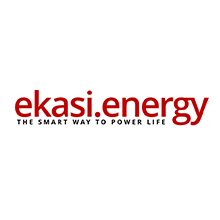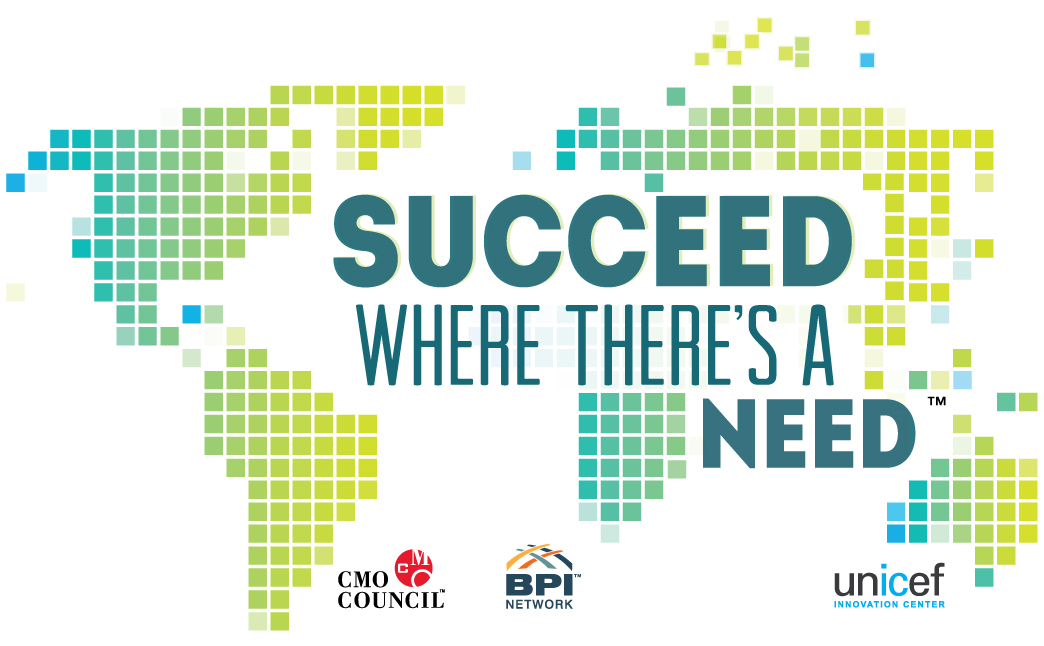Tech Inspirations
Ekasi Energy
 Need Many under developed communities in South Africa don’t have access to power and therefore have no means to cook. Indeed, 66 percent of the population of sub-Saharan Africa has no modern energy whatsoever. Biomass energy is a renewable source of energy that can provide many benefits, including reducing waste to the local economies. However, there is a lack of education about how biomass can be used as a source of energy and thus the focus is on biomass as a problem rather than a potential solution. One example is the Black Wattle Tree infestation in South Africa. The infestation is threatening native habitats by competing with indigenous vegetation and increasing water loss from riparian zones. Because of the infestation, there is a decrease in streamflow from rainfalls due to the soil under the trees drying out faster than it does under grass. The tree infestation also reduces excess surface and restricts water capacity. South Africans need a solution that can rid them of this tree infestation while at the same time provide them with new energy sources to cook and accomplish other daily chores.
Need Many under developed communities in South Africa don’t have access to power and therefore have no means to cook. Indeed, 66 percent of the population of sub-Saharan Africa has no modern energy whatsoever. Biomass energy is a renewable source of energy that can provide many benefits, including reducing waste to the local economies. However, there is a lack of education about how biomass can be used as a source of energy and thus the focus is on biomass as a problem rather than a potential solution. One example is the Black Wattle Tree infestation in South Africa. The infestation is threatening native habitats by competing with indigenous vegetation and increasing water loss from riparian zones. Because of the infestation, there is a decrease in streamflow from rainfalls due to the soil under the trees drying out faster than it does under grass. The tree infestation also reduces excess surface and restricts water capacity. South Africans need a solution that can rid them of this tree infestation while at the same time provide them with new energy sources to cook and accomplish other daily chores.
Succeed Biomass can be a way for countries to move away from fossil fuels and towards greener sources of energy. The Working for Water (WfW) program implemented by the South African Government is a program that aims to improve the problem caused by the Black Wattle infestation, as well as other invasive plants. The program has cleared more than one million hectares of invasive plants. Each hectare cleared by the program could be converted to biomass pallets that could be used for cooking fuel for a full year for at least 60 families.
Proposed Solution Biomass pallets can be used as a sustainable energy for cooking and heating. Ekasi Energy is interested in building a market to convert biomass pellet fuel into energy to be used in clean burning biomass gasifier stoves throughout Africa. To accomplish this, Ekasi Energy has created a three-part system to create a sustainable cycle of converting alien plants into sustainable energy, and using that energy to provide a method of cooking to remote communities in South Africa. The system consists of FabFuel, which is biomass that converts to fuel, the FabStove, which is a unique stove using a combustion technique for biomass gassification and is designed for kitchens and small spaces as it emits no smoke, and FabTainer, which leverages partnerships to provide manufactured biomass pellets.
To succeed, Ekasi Energy will need to leverage effective partnerships. By partnering with the existing WfW program to remove alien plants like the Black Wattle, for example, they are able to create environmental benefits by removing alien plants and at the same time create a new source of clean energy. Compared to raw wood, the pallets are also denser and have a moisture content of less than 10 percent, which makes them a more effective source of fuel. Ultimately, the pallets will create a new competitive market of localized cooking fuel that is not dependent on electricity.
About the Founders
Dave Lello: Founder. Dave started his business life as an IT specialist, but after starting his first full time venture in 1990 became a serial entrepreneur. Over the last 25 years, he has started among other things a software company, a property development company and wine estate and a clean energy business, Ekasi Energy. He has also done some turnarounds for distressed businesses. He believes that if a good idea is nurtured and looked after, it develops a life of its own and can grow into an organization that can challenge the status quo and satisfy the market needs of the day. He maintains that people are the heart of any business and that brilliant ideas can only grow into great products if the right mix of people exists.



